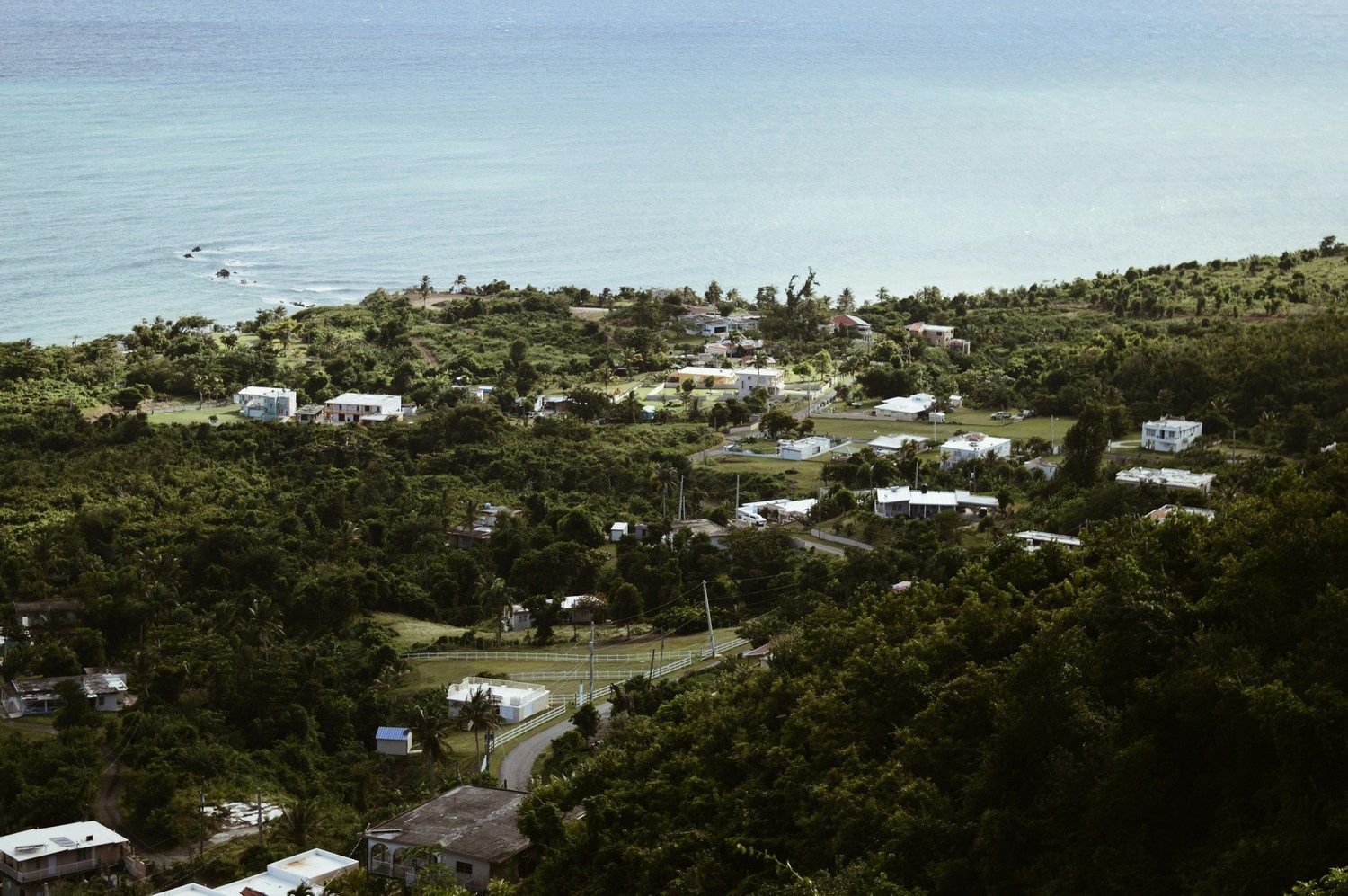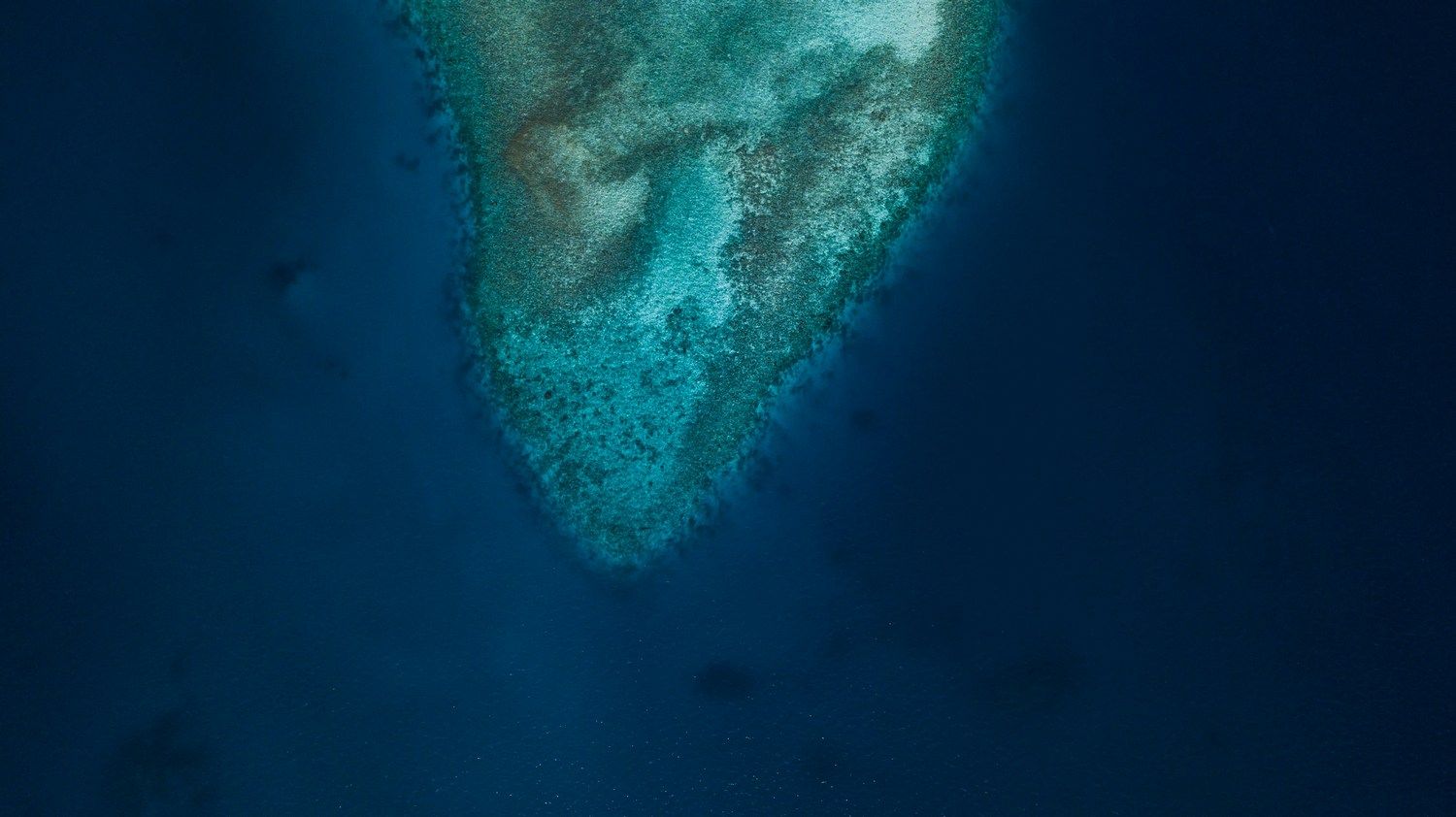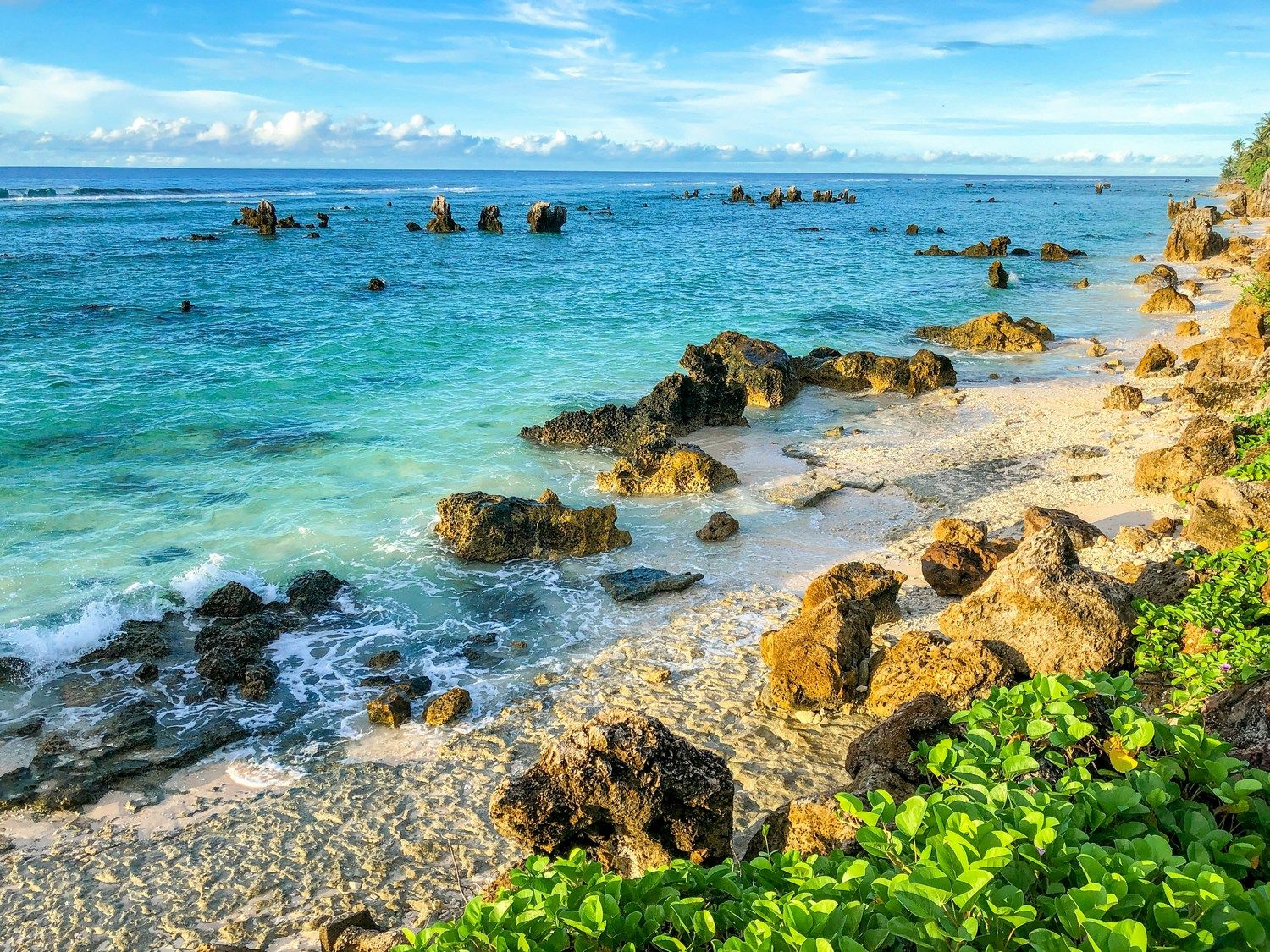Nauru is the smallest island nation in the world, covering only 21 km², and located in the western Pacific Ocean. Today, this country with a population of about 10,000 people faces a set of unique challenges that call its future existence into question. The historical consequences of phosphate mining, the threats of climate change, and the scarcity of resources create a complex situation requiring innovative solutions.
Economic and climate threats: a double blow to the island
Nauru is among the countries most vulnerable to global climate change. According to scientists' forecasts, by 2100, rising sea levels may render up to 80% of the island’s territory uninhabitable. Even now:
- Coastal erosion eats away up to 1 meter of land annually
- Ocean acidification destroys coral reefs — the island’s natural defense
- Increasing tropical cyclones threaten infrastructure
- Soil and groundwater salinization reduces agricultural potential

Economic problems are no less severe. After most phosphate mines were shut down, the country lost its main source of income. Today Nauru faces:
- Unemployment at 23%
- Dependence on food imports (90% of products are imported)
- High rates of disease (40% of the population has diabetes)
- Limited opportunities for economic diversification
The phosphate curse: from wealth to environmental disaster
Nauru’s economic history is a cautionary tale of the "resource curse." In the 1960s and 70s, the country had the highest per capita GDP in the world due to phosphate mining. However, mismanagement of this wealth led to disaster.
Boom period (1968–1989):
- 90% of land was used for mining
- The state was entirely dependent on the phosphate industry
- Average salary exceeded that of Australia
- Citizens paid no taxes and received free housing
Environmental consequences:
- 80% of land turned into a "lunar landscape"
- 90% of vegetation was destroyed
- Groundwater was polluted
- A significant portion of arable land was lost
Today, mining continues, but on a much smaller scale. Remaining reserves are estimated at 20–30 million tons, which at the current pace will last until 2030–2035.
Sustainable development strategy: saving the island
The government of Nauru has developed a comprehensive sustainable development program through 2030, including several key areas.
Environmental restoration
- Reclamation of 50% of damaged land by 2030
- Creation of artificial soil using compost and hydrogels
- Planting of salt-tolerant crops (coconut palms, pandanus)
Energy transformation
- Transition to 70% renewable energy by 2030
- Installation of 10 MW of solar panels
- Construction of a 5 MW wind farm
Economic diversification
- Development of offshore fishing (vessel licensing)
- Creation of a data processing center (using cool climate)
- Development of ecotourism (diving, bird watching)
- Financial services for the Pacific region
Citizenship by investment program: funding the future
In 2023, Nauru launched an updated economic citizenship program aimed at attracting investment in sustainable development. Program features:
- Minimum contribution — $140,000 to the state fund
- Fast application processing (3–4 months)
- Possibility to include family members
Funds are distributed as follows:
- 40% — land reclamation
- 30% — green energy
- 20% — healthcare and education
- 10% — infrastructure development
The program includes strict screening:
- Mandatory interview
- Income source verification
- Anti-money laundering checks
- Monitoring of fund usage
International cooperation: seeking support
Nauru is actively developing partnerships to address its challenges.
Multilateral initiatives:
- Participation in the Pacific Islands Forum (climate agenda)
- Membership in the Alliance of Small Island States
- UN Green Climate Fund program ($50 million allocated)

Bilateral projects:
With Australia:
- Funding of a water desalination system ($20 million)
- Vocational training program
- Port infrastructure modernization
With China:
- Construction of a solar power plant
- Modernization of the international airport
- IT sector workforce training
With the EU:
- “Sustainable Fisheries” program ($15 million)
- Technical assistance for “smart city” development
- Grants for organic agriculture development
Conclusion: a difficult path to sustainability
The future of Nauru presents a difficult choice between becoming a model of successful transformation and serving as a cautionary tale for other small island nations. Despite its small size, the country’s ambitions are reflected in concrete plans.
These plans include restoring 50% of degraded land by 2030 and creating 2,000 new jobs. Additionally, Nauru aims to reduce its dependence on food imports to 60% and seeks to achieve carbon neutrality by 2050.
The achievement of these goals will depend on three decisive conditions. The first is the success of the economic citizenship program. The second is receiving support from international partners. The third, equally important, is the internal unity of Nauru’s people.
The president of the country noted that while the past cannot be changed, building a better future is within their power. Nauru’s story illustrates a key principle: it is possible to overcome the most serious environmental and economic difficulties.
To do so requires innovation, sustainable resource management, and active international cooperation — the very path Nauru is pursuing.





